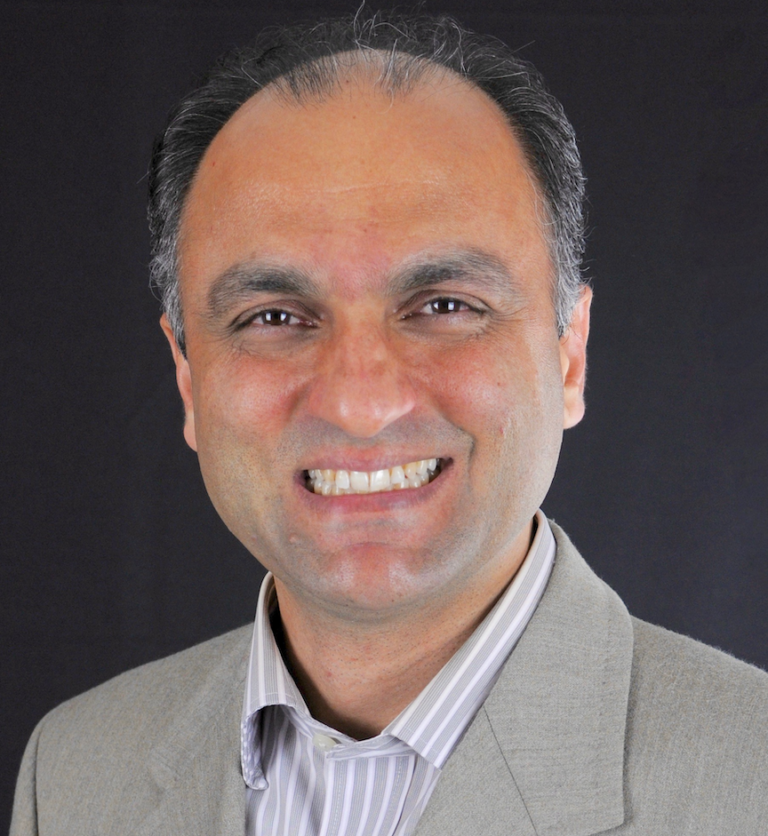Applications of Magnetoencephalography (MEG) in Epilepsy and other Neurological ConditionsAbbas Babajani-Feremi, PhDAssociate Professor Director, Magnetoencephalography (MEG) Lab Tuesday: February 7, 2023
|
Abstract:
The recent acquisition of fourth-generation magnetoencephalography (MEG) technology, the TRIUX™ Neo, by Norman Fixel Institute for Neurological Diseases at University of Florida Health (UF Health), represents an unprecedented opportunity for advancing brain science and clinical care at our institution. In this presentation, an overview of the basic principles of MEG will be provided and advantageous of this modality over electroencephalography (EEG) will be highlighted. Then some clinical and research applications of MEG in epilepsy will be presented followed by brief research applications of MEG in Parkinson’s disease and other neurological conditions. At the end of this presentation, a multi-modal approach using MEG, intracranial EEG, functional MRI (fMRI), and transcranial magnetic stimulation (TMS) in mapping brain functions (e.g., language) will be presented.
Speaker Bio:
Dr. Abbas Babajani-Feremi is an Associate Professor in the Department of Neurology and Artificial Intelligent (AI) at University of Florida in Gainesville, and the Director of the Magnetoencephalography (MEG) Laboratory at The Norman Fixel Institute of Neurological Diseases at University of Florida Health.
Abbas joined as a postdoctoral fellow in the Department of Neurology at the Henry Ford Hospital, Detroit, MI in 2007 after completing his PhD degree in Biomedical Engineering at the University of Tehran. His research at Henry Ford Hospital was focused on integrated modeling and analysis of MEG and functional MRI (fMRI). In 2011, he joined as a member of the MEG team in the Human Connectome Project (HCP) at the Washington University School of Medicine in St. Louis. The HCP was one of the largest funded projects by National Institute of Health (NIH) in system neuroscience and aimed to map the human brain by outlining the neural pathways using cutting-edge neuroimaging data from a large number of subjects. In 2013, Abbas joined as an Assistant Professor in the Department of Pediatrics at the University of Tennessee, Memphis, and was the Research Director of MEG Laboratory, Director of High-density Electroencephalography (hd-EEG) Laboratory, and Director of Intracranial EEG (iEEG) Functional Mapping Laboratory at Le Bonheur Children’s Hospital, Memphis, TN. In January 2021, Abbas joined as an Associate Professor in the Department of Neurology at Dell Medical School at University of Texas at Austin, and the Director of the MEG Laboratory at Dell Children’s Medical Center, Texas, Austin.
Dr. Babajani-Feremi’s main research interests are: (1) applications of the brain connectomics and machine learning based on MEG, functional MRI (fMRI), and intracranial EEG in diagnostic and treatment of patients with epilepsy, Alzheimer’s disease, and other neurological conditions; and (2) study of the brain’s functions, specifically language, using the electrophysiological and neuroimaging modalities. He has published several papers in these fields and his research has been funded by multiple institutes.
